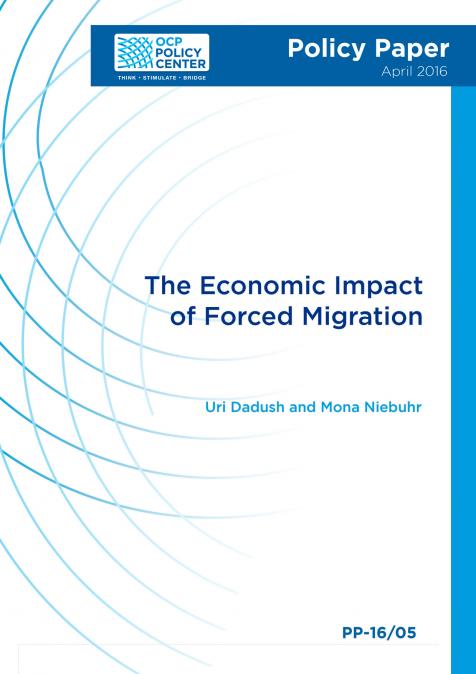Publications /
Policy Paper
The current refugee crisis is a catastrophe affecting millions of families, endangering the stability of nations that are hosts to large numbers of migrants, and of the region around them. Forced migration flows which are mismanaged, as at present, create large negative political and economic externalities for the world as a whole. Concerns of advanced countries that accepting forced migrants will cause job losses or falling wages, and place an undue burden on the public purse, are largely unjustified. Although there is no perfect scheme for allocating the burden, any solution must envisage increased numbers of refugees settling in the North and increased aid for the countries in the South with the largest numbers of refugees.







